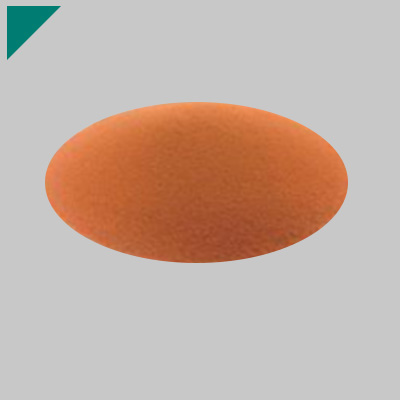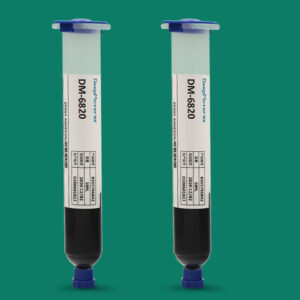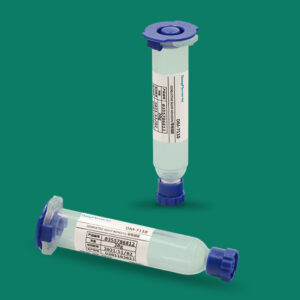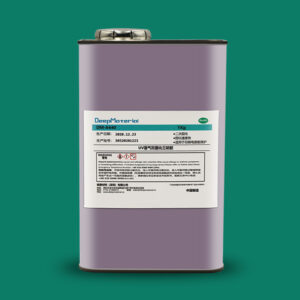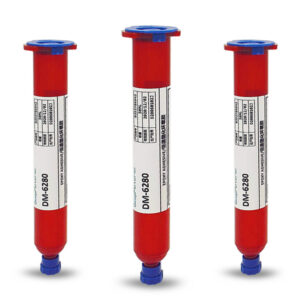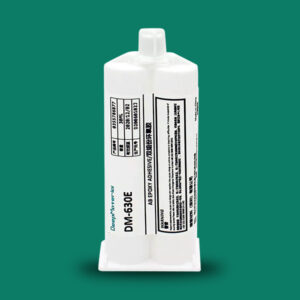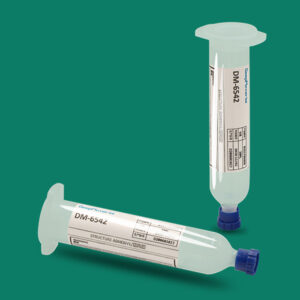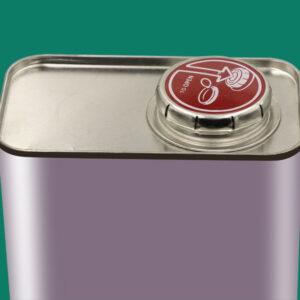Industrial Epoxy Adhesive Manufacturer: An In-Depth Overview
Industrial Epoxy Adhesive Manufacturer: An In-Depth Overview
Introduction to Industrial Epoxy Adhesives
Industrial epoxy adhesives are critical in numerous applications across various industries due to their excellent bonding strength, durability, and versatility. These adhesives are composed of epoxy resins and hardeners, which, when mixed, undergo a chemical reaction to form a rigid plastic material resistant to environmental factors. Manufacturing industrial epoxy adhesives involves complex processes and stringent quality control to ensure optimal performance for diverse applications.
The Role of Industrial Epoxy Adhesives
Key Applications and Benefits
Epoxy adhesives are widely used in the automotive, aerospace, construction, electronics, and marine sectors. In the automotive industry, they are essential for assembling parts that require strong bonds and resistance to heat and chemicals. Aerospace applications benefit from epoxy adhesives’ lightweight yet robust nature, contributing to fuel efficiency and structural integrity. In construction, these adhesives are used for concrete repairs, flooring, and bonding of various materials, while in electronics, they provide insulation and protection for components.
The benefits of industrial epoxy adhesives include:
- High Bonding Strength:Epoxy adhesives offer superior adhesion to various materials, including metals, plastics, ceramics, and composites.
- Durability:They provide long-lasting bonds that withstand harsh environmental conditions like moisture, heat, and chemicals.
- Versatility:Epoxy adhesives can be formulated for specific properties, such as flexibility, conductivity, or thermal resistance, to meet the needs of different applications.
- Ease of Use:These adhesives are available in various forms, including liquids, pastes, and films, allowing easy application in different manufacturing processes.
Market Demand and Growth
The continuous growth of end-user industries drives the global demand for industrial epoxy adhesives. Technological advancements and the trend towards lightweight and durable materials further propel the market. According to market research, the industrial epoxy adhesive market is expected to grow significantly over the next decade, with a compound annual growth rate (CAGR) of around 6-7%. This growth is attributed to the increasing adoption of epoxy adhesives in emerging economies and the development of eco-friendly formulations.
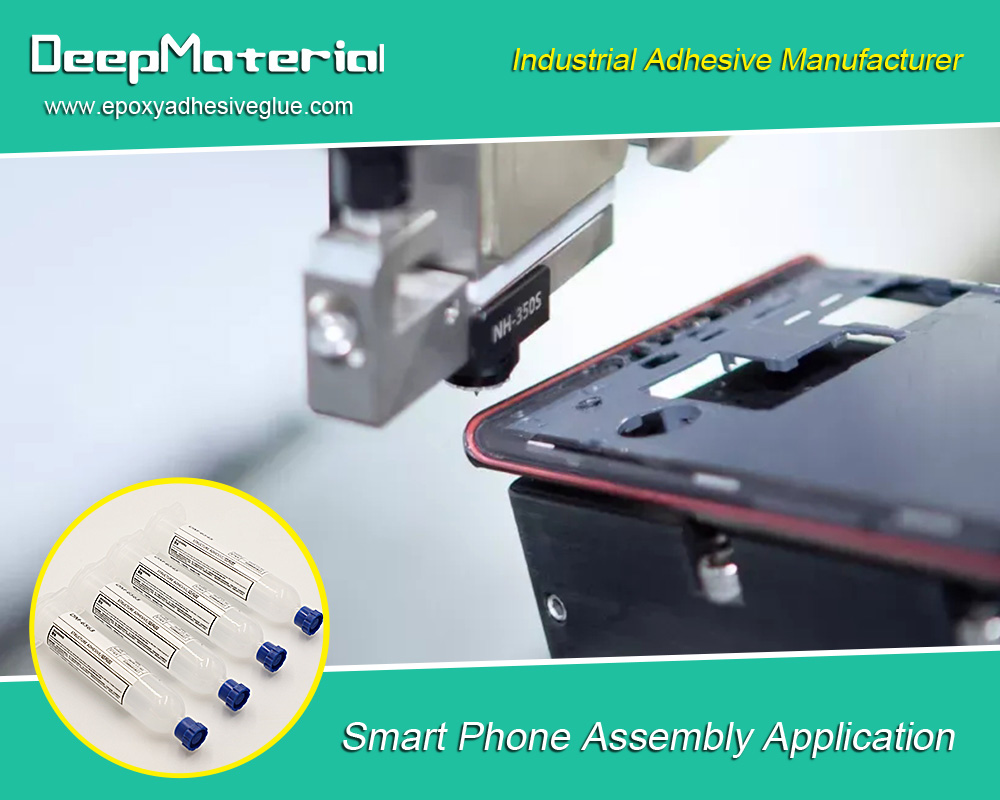
Manufacturing Process of Industrial Epoxy Adhesives
Raw Materials and Formulation
The primary raw materials for manufacturing epoxy adhesives are epoxy resins and hardeners. Epoxy resins are typically derived from petroleum products, while hardeners are composed of various chemical compounds that react with the epoxy resin to form a solid bond. The formulation of epoxy adhesives involves selecting the appropriate type and ratio of resin and hardener to achieve the desired properties.
- Epoxy Resins:Based on their chemical structure, these can be classified into various types, such as bisphenol-A (BPA) and bisphenol-F (BPF) resins. BPA resins are known for their excellent mechanical properties and chemical resistance, making them suitable for structural applications. BPF resins offer better low-temperature performance and are used in applications requiring flexibility.
- Hardeners:Common hardeners include amines, anhydrides, and thiols. Each type of hardener imparts different properties to the cured epoxy, such as curing speed, temperature resistance, and flexibility. The choice of hardener depends on the specific application requirements.
Production Steps
- Mixing:The first step in manufacturing is precisely mixing epoxy resin and hardener. This step is critical as the ratio of resin to hardener determines the final properties of the adhesive. Automated mixing equipment ensures consistency and accuracy.
- Degassing:After mixing, the adhesive mixture is degassed to remove entrapped air bubbles. This is essential to prevent voids in the cured adhesive, which can weaken the bond.
- Formulation Adjustments:Depending on the application, additives such as fillers, thickeners, and pigments may be added to the mixture to enhance specific properties like viscosity, color, or thermal conductivity.
- Quality Control:Stringent quality control measures are implemented throughout the manufacturing process. To meet the required standards, samples are tested for viscosity, curing time, shear strength, and thermal resistance.
- Packaging:The final product is packaged in various forms, including cartridges, syringes, cans, and bulk containers, to suit different application needs. Packaging protects the adhesive from contamination and extends its shelf life.
Challenges and Innovations in Epoxy Adhesive Manufacturing
Challenges
Despite their numerous advantages, the manufacturing and application of industrial epoxy adhesives present several challenges:
- Environmental Concerns:Traditional epoxy resins are derived from petroleum products and can release volatile organic compounds (VOCs) during curing, posing environmental and health risks. Manufacturers are under pressure to develop eco-friendly alternatives.
- Curing Time:The curing process of epoxy adhesives can be time-consuming, especially for high-strength applications, leading to longer production times.
- Temperature Sensitivity:Epoxy adhesives can be sensitive to temperature variations, affecting their performance and stability during storage and application.
- Cost:The raw materials for epoxy adhesives can be expensive, and the production process requires specialized equipment and stringent quality control, contributing to higher costs.
Innovations
To address these challenges, manufacturers are investing in research and development to innovate and improve epoxy adhesive formulations and production processes:
- Green Chemistry:Advances in green chemistry are leading to the development of bio-based epoxy resins derived from renewable sources such as plant oils and lignin. These eco-friendly alternatives reduce traditional epoxy adhesives’ environmental impact and health risks.
- Fast-Curing Systems:New formulations with fast-curing properties are being developed to reduce production times and increase efficiency. These systems use advanced hardeners and curing agents to accelerate the chemical reaction without compromising bond strength.
- Nanotechnology:Incorporating nanomaterials, such as carbon nanotubes and graphene, into epoxy adhesives enhances their mechanical, thermal, and electrical properties. Nanotechnology also enables the development of multifunctional adhesives with unique capabilities, such as self-healing and conductivity.
- Customized Formulations:Manufacturers are creating customized formulations to meet specific industry requirements. For example, in the electronics industry, epoxy adhesives with high thermal conductivity and low dielectric constants are being developed for high-performance electronic devices.
Leading Manufacturers and Market Trends
Top Industrial Epoxy Adhesive Manufacturers
Several companies are at the forefront of the industrial epoxy adhesive market, offering innovative products and solutions:
- Henkel AG & Co. KGaA:Henkel is a global leader in adhesive technologies, providing a wide range of epoxy adhesives for industrial applications. Their Loctite brand is renowned for high-performance adhesives in the automotive, aerospace, and electronics industries.
- 3M Company:3M offers a comprehensive portfolio of epoxy adhesives designed for various industries, including automotive, construction, and electronics. Their products are known for their reliability, versatility, and ease of use.
- Huntsman Corporation:Huntsman specializes in advanced epoxy formulations for demanding aerospace, automotive, and construction applications. Their Araldite brand is synonymous with high-strength and durable epoxy adhesives.
- Sika AG:Sika provides a broad range of epoxy adhesives for construction, transportation, and industrial manufacturing. Their products are designed to meet stringent industry standards and deliver exceptional performance.
- Dow Inc.:Dow offers innovative epoxy adhesive solutions focusing on sustainability and performance. Their products are used in diverse applications, including wind energy, electronics, and automotive industries.
Market Trends
The industrial epoxy adhesive market is evolving with several notable trends:
- Sustainability:There is a growing demand for eco-friendly and sustainable epoxy adhesives. Manufacturers invest in developing bio-based resins and low-VOC formulations to meet regulatory requirements and consumer preferences.
- Lightweight Materials:The automotive and aerospace industries increasingly use lightweight materials such as composites and plastics. Epoxy adhesives are crucial in bonding these materials, driving the demand for advanced adhesive solutions.
- Digitalization:Adopting digital technologies, such as automated dispensing systems and real-time monitoring, enhances adhesive application processes’ efficiency and precision.
- Emerging Markets:Rapid industrialization and infrastructure development in emerging economies drive the demand for industrial epoxy adhesives. Manufacturers are expanding their presence in these regions to capitalize on growth opportunities.
- Collaborations and Partnerships:Companies are forming strategic partnerships and collaborations to leverage expertise, share resources, and accelerate innovation in epoxy adhesive technologies.
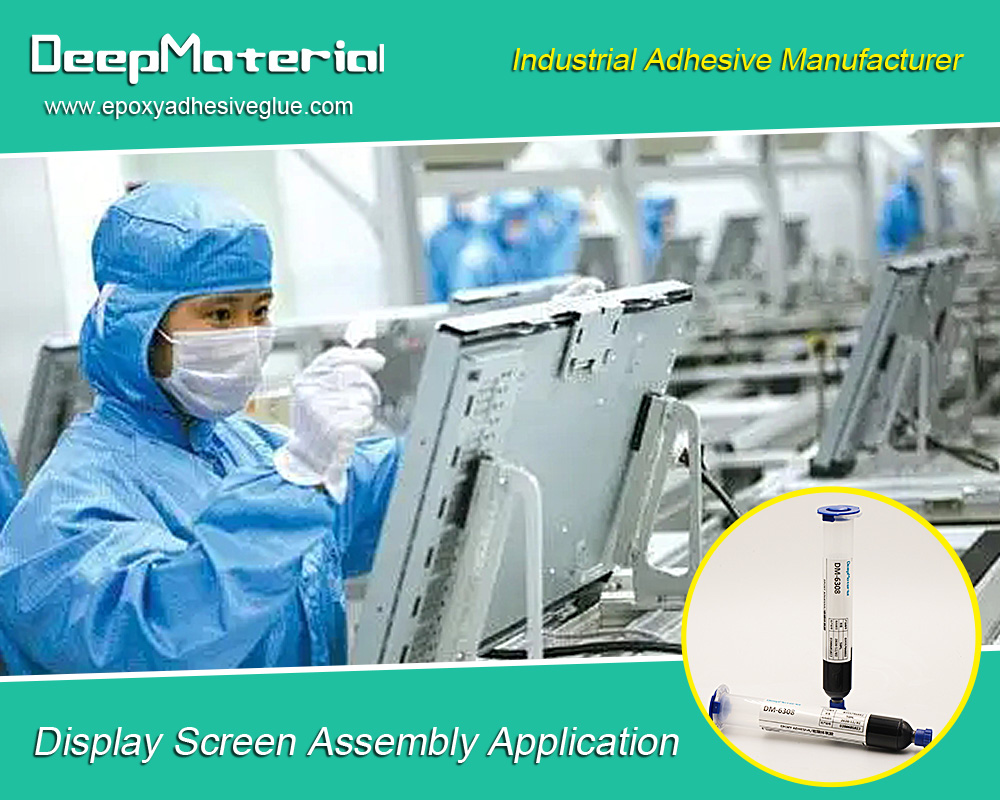
Conclusion
Industrial epoxy adhesives are indispensable in modern manufacturing, offering unparalleled bonding strength, durability, and versatility across various industries. The manufacturing process involves careful selection of raw materials, precise formulation, and stringent quality control to ensure optimal performance. Despite environmental concerns and curing time, continuous innovations drive the development of eco-friendly, fast-curing, and customized adhesive solutions.
Leading manufacturers are at the forefront of this dynamic market, providing innovative products that meet industries’ evolving needs. As sustainability, lightweight materials, and digitalization become more prominent, the industrial epoxy adhesive market is poised for significant growth, offering exciting opportunities for manufacturers and end-users.
For more about choosing the best industrial epoxy adhesive manufacturer: an in-depth overview, you can pay a visit to DeepMaterial at https://www.epoxyadhesiveglue.com/category/epoxy-adhesives-glue/ for more info.



